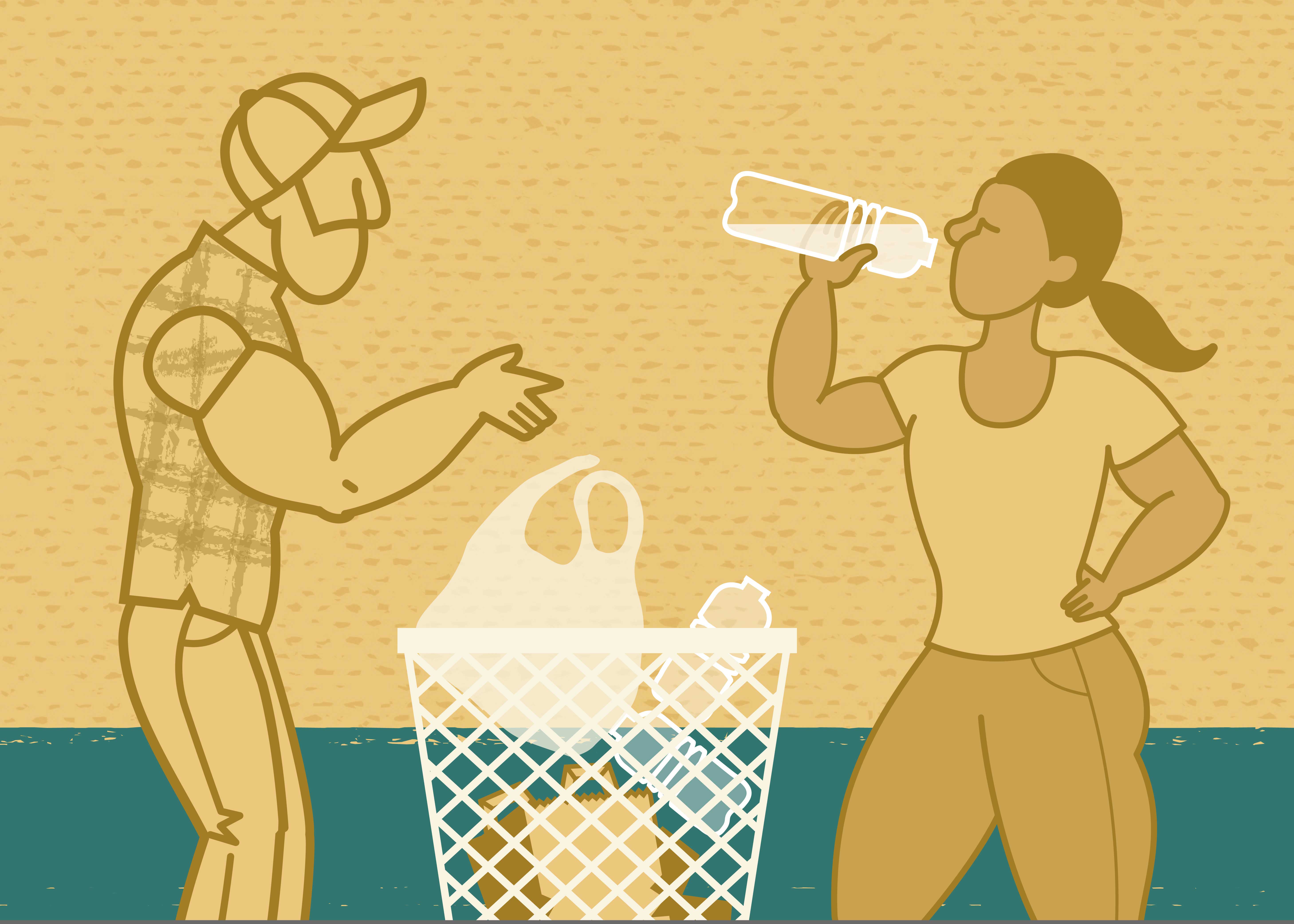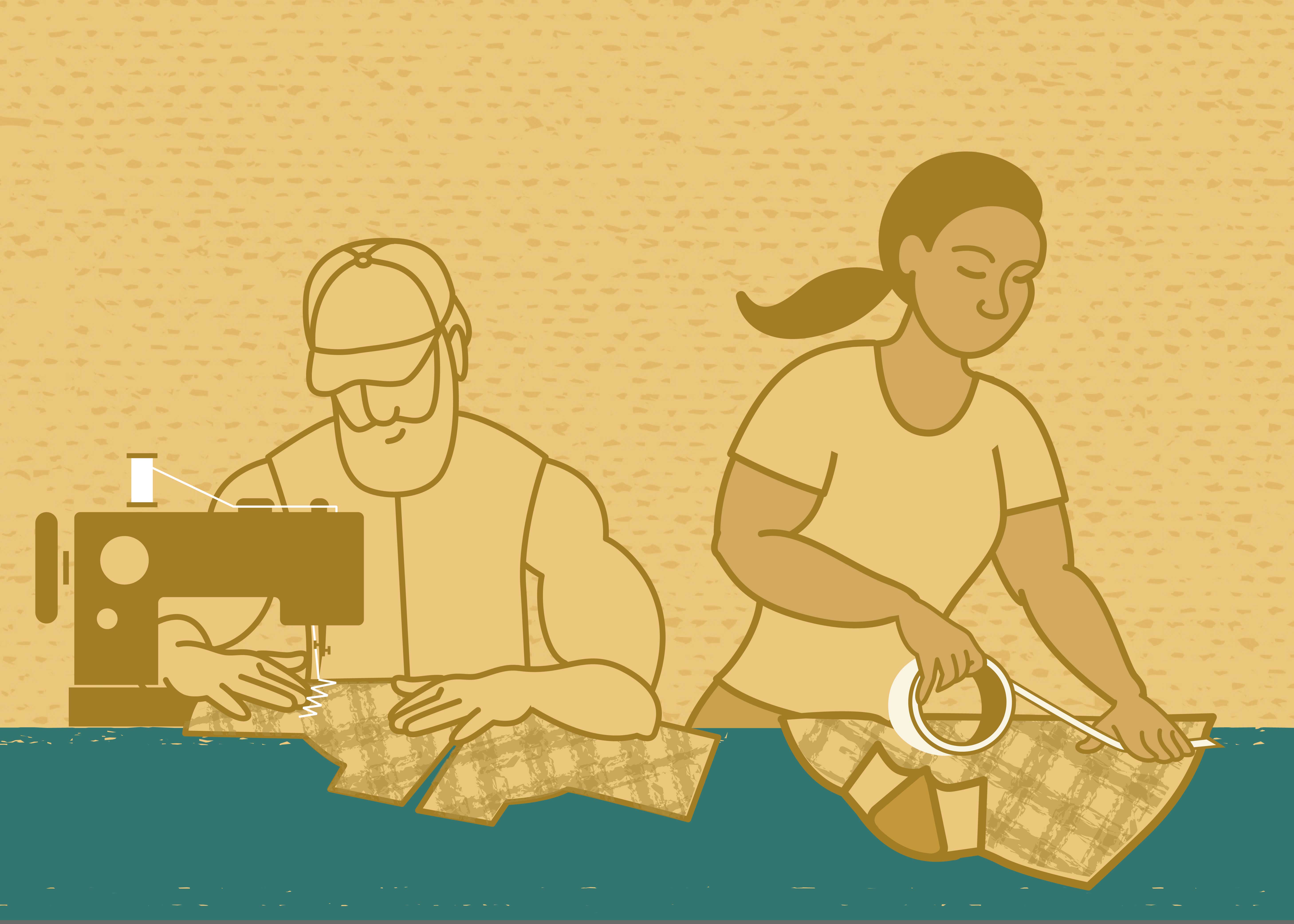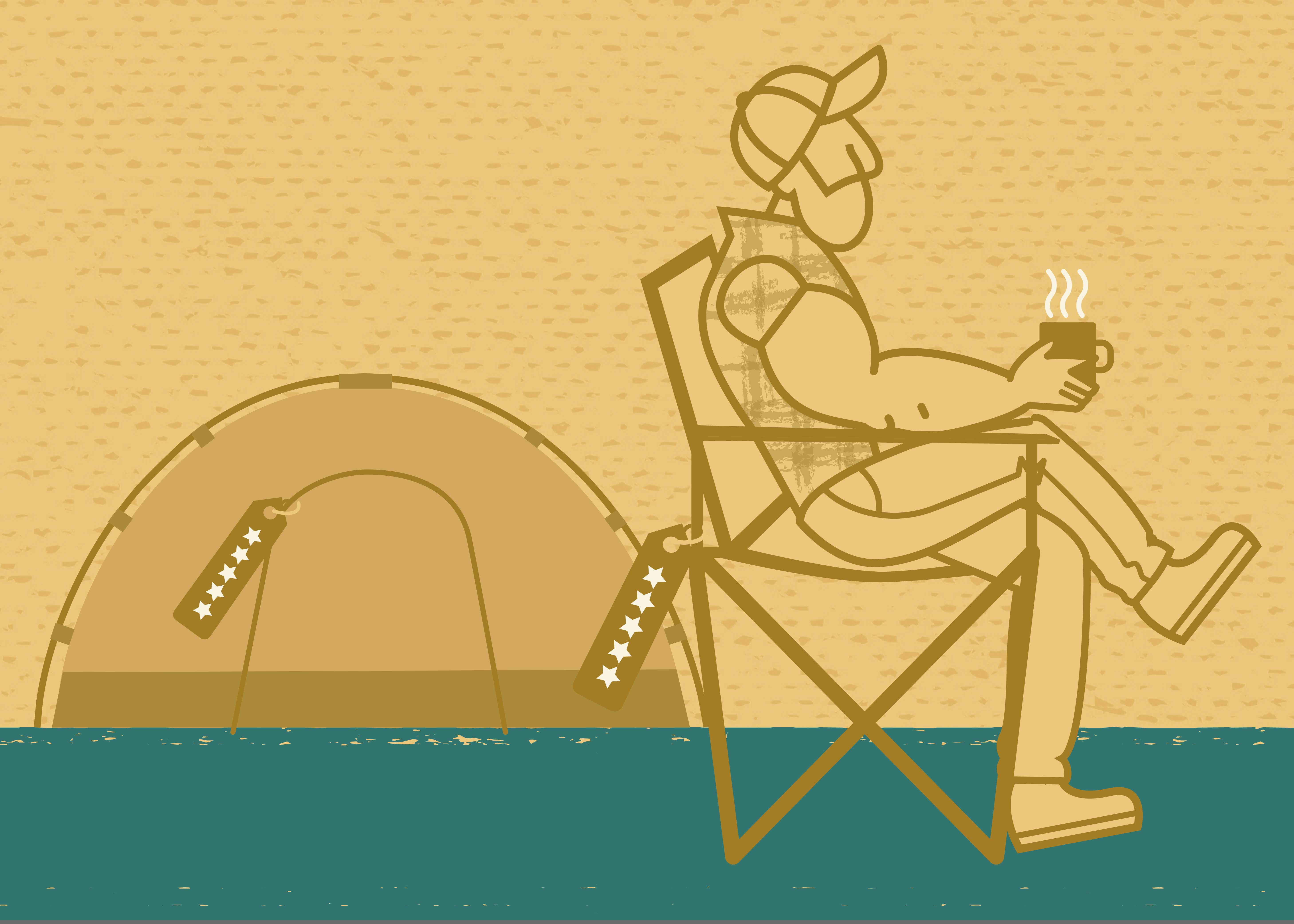Reduce garbage and recycling
Garbage:
- pollutes the environment; and
- is expensive to manage.
Managing garbage through recycling is becoming more difficult.
Governments, individuals, producers and businesses must all adjust to deal with our garbage problem. The best things you can do right now are:
- reduce the amount of garbage you produce; and
- pay your part to manage garbage and recycling.
Don't throw out so much stuff
Let's do the heavy lifting to reduce waste.
- Reduce the waste you produce.
- Reuse or repair the things that you have.
- Reconsider your purchases.
- Recycle and compost when possible.
Find out more from Zero Waste Yukon.
Refuse single-use items

Tips for avoiding single-use items
- Bring your reusable travel mug to coffee shops that allow you to refill them.
- Choose blue jugs and reusable water bottles over flats of plastic bottles.
- Bring your reusable grocery bags to the store. Learn more about the Yukon bag ban.
- Buy staples in bulk or large volumes to reduce packaging.
- Bring your reusable cutlery and plates to community events or barbecues.
- Shop locally instead of ordering online.
- Say no to plastic straws.
- Learn about the Canada-wide ban on six single-use plastic items.
You can support businesses that help us all reduce waste. Find out which businesses are doing their part to reduce waste.
Repair your items

Tips for repairing items
- Attend Yukonstruct’s monthly Repair Café from 6 p.m. to 9 p.m. on the last Thursday of each month.
- Fill out the warranty on your product or find out if you can ship it out for repair.
- Access online resources like iFixit.
Reuse what you have
How to reuse instead of throwing out
- Find a thrift, consignment or pawn shop. Check out Zero Waste Yukon’s Re-use Guide to donating and locating used goods in Whitehorse
- Take your item to a free store. Check your local waste facility to see if the free store is currently open.
- Beaver Creek
- Carcross
- Champagne
- Dawson
- Ross River
- Destruction Bay
- Haines Junction
- Tagish
- Teslin
- Deep Creek
- Mount Lorne
- Marsh Lake
- Pelly Crossing
- Old Crow
- Host a clothing swap.
- Have a garage sale.
- Sell or buy items on local Facebook pages or Kijiji.
Recycle what you can’t reuse
If you can’t repair or reuse your item, recycling is the next best option.
Recycling:
- needs a lot less energy than producing something from new materials, even if it needs to be shipped out of the Yukon; and
- diverts waste from local landfills.
What can you recycle and where?
Reconsider your purchases

Be strong, buy once. Quality items will pull their weight for a long time.
- Consider if you'll use the item for a long time or it’s only useful for a short time.
- When possible, buy higher-quality items that are more likely to last. Research before you buy.
- Buy what you need and use what you have.
- Consider whether an item has been made for "planned obsolescence." This means the item will intentionally become useless or break after a set amount of time.
- Borrow or buy second hand instead of buying new.
- Use the library.